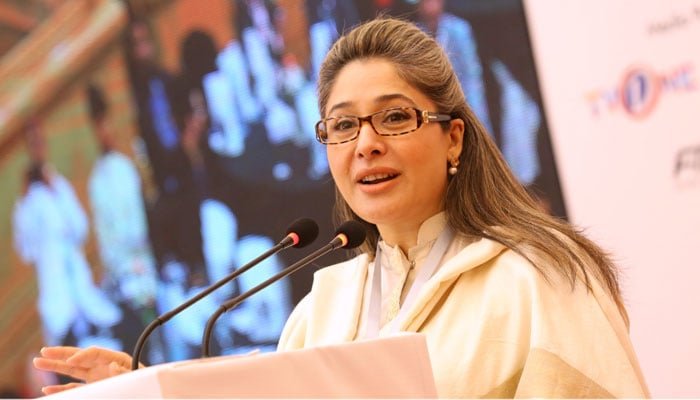Imran Khan, the founding chairman of Pakistan Tehreek-e-Insaf (PTI), has taken legal action to halt the ongoing proceedings of the £190 million reference against him. In a strategic move, Khan has filed a petition through his legal team, consisting of Barrister Salman Safdar and Khalid Yusuf Chaudhry, at the Islamabad High Court (IHC). The petition challenges the trial court’s decision and seeks the disclosure of key documents from the National Accountability Bureau (NAB), which are crucial to his defense.
Background of the Case
The £190 million reference stems from allegations of financial misconduct during Imran Khan’s tenure as the Prime Minister of Pakistan. The case revolves around the handling of a substantial amount of money that was allegedly returned to the government by a foreign entity. NAB initiated an investigation to determine whether any misappropriation occurred during the process, leading to the filing of the reference against Khan.
The case took a significant turn when the trial court, on August 12, 2024, rejected a request to present the records of the 343rd executive board meeting of NAB. This meeting, held in April 2020, is claimed to have included discussions that led to the decision to close the case at that time. Khan’s defense team argues that the minutes and decisions of this meeting are vital for his defense and could potentially exonerate him.
Imran Khan’s Petition
In the petition filed at the IHC, Khan has formally requested the court to provide access to the records of the 343rd executive board meeting of NAB. His legal team contends that without these records, his defense is significantly weakened. They assert that the NAB’s executive board had previously decided to close the case, and the decision to reopen it raises questions about the fairness and transparency of the proceedings.
Khan’s petition specifically challenges the trial court’s refusal to demand the production of these records. His legal team argues that the rejection of their request for these documents undermines the integrity of the trial and denies Khan a fair opportunity to defend himself. The petition highlights that if the trial proceeds without the disclosure of these records, it could lead to an unjust outcome and irreparable damage to Khan’s reputation and political career.
The Legal Arguments
The central argument in Khan’s petition is the necessity of transparency in legal proceedings. His legal team argues that the decision made by NAB in its 343rd executive board meeting is directly relevant to the case. They claim that the trial court’s refusal to consider this evidence violates Khan’s right to a fair trial, as guaranteed by the Constitution of Pakistan.
Furthermore, the petition emphasizes the importance of maintaining the rule of law and ensuring that all relevant evidence is considered before reaching a verdict. By withholding the records of the executive board meeting, the petition argues, the prosecution is depriving Khan of a critical component of his defense.
The petition also questions the motives behind the reopening of the case. Khan’s legal team suggests that the decision to revive the investigation may have been influenced by political factors, rather than being based on new evidence or legal grounds. This assertion underscores the need for the court to ensure that the proceedings are free from political interference and are conducted in a manner that upholds justice and fairness.
Implications of the Petition
The outcome of this petition could have significant implications for both Imran Khan and the broader legal landscape in Pakistan. If the IHC grants Khan’s request and orders the production of the NAB records, it could potentially lead to the dismissal of the case against him. On the other hand, if the petition is denied, the trial may proceed without the disclosure of these crucial documents, potentially resulting in a conviction.
Beyond the immediate legal consequences, this case also carries broader political implications. As a former Prime Minister and the founding chairman of a major political party, Khan’s legal battles are closely watched by both his supporters and opponents. A favorable ruling could bolster his position and strengthen his claim of being unfairly targeted, while an adverse ruling could further damage his political standing.
Imran Khan’s petition to halt the £190 million reference proceedings highlights the ongoing legal and political challenges he faces. By seeking the disclosure of NAB’s executive board meeting records, Khan aims to ensure transparency and fairness in the trial process. The Islamabad High Court’s decision on this matter will be crucial in determining the course of the case and could have far-reaching implications for Khan’s political future and the rule of law in Pakistan. As the legal battle unfolds, the nation watches closely, awaiting a resolution that upholds justice and integrity in the judicial process.



